Social media is playing an increasingly important role in helping brands connect with their consumers in an engaging and more authentic way than traditional above-the-line methods.
Influencer marketing takes brands a step away from celebrities lending their faces to amplify a message - a ploy that doesn’t always achieve the pull that it would once have exerted on the public, and millennials in particular. This shift has led forward-thinking brands to look beyond surface associations and bring greater relevance to consumers through the use of micro-influencers.
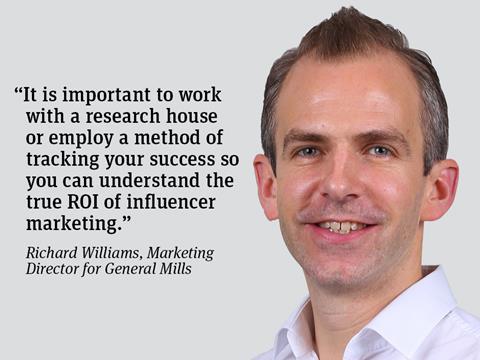
While these subjects may lack the sheer volume of followers that the A-list boasts, they counteract that by way of the potential reach of their platforms with passionate followers.
We invested heavily in Wimbledon this summer with Häagen-Dazs, the Official Ice Cream of The Championships. Our influencer program enabled us to amplify the reach and buzz around our limited-edition strawberries and cream flavour. With a unique limited-edition design collaboration with sports fashion brand Bjorn Borg, the micro-influencers helped us share our story and give the brand cultural relevance and distinctiveness during Wimbledon fortnight.
We also partnered with an influencer marketing platform whereby we enlisted a number of relevant, naturally engaged social media influencers to spread the word across their Instagram accounts about the launch of our new stickbars. The benefits of taking this approach are plentiful, but you have to get it right and really understand the forces behind its success.
Usually, brands who run influencer marketing campaigns want to increase awareness and boost sales through peer recommendations, making influencer marketing an integral part their online promotion.
An authentic feeling
By using the right ones, brands give an authentic feeling to their campaigns because they reach their audience through creators who have a real interest in the brands they work with. The beauty of influencers is they’re real people; they know their audience better than many other channels because they’re a reflection of those people.
Influencers are defined by their interests, so they know what their audiences do and don’t like, what content will engage them, and what will best improve their daily lives. This approach has helped the growth of influencer marketing in its early years, but now brands are looking for more accurate ways to measure ROI.
This technique has come under scrutiny in the past for not providing accurate data, so it is important to work with a research house or employ a method of tracking your success so you can understand the true ROI of influencer marketing.
There are millions of influencers online, and finding the ones right for your brands can be a daunting task. The easiest and most efficient way for brands to partner with the most appropriate influencers is to team up with platforms with their own algorithms and knowledge of the space.
Richard Williams is marketing director for General Mills Northern Europe








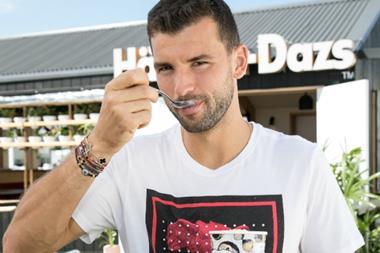

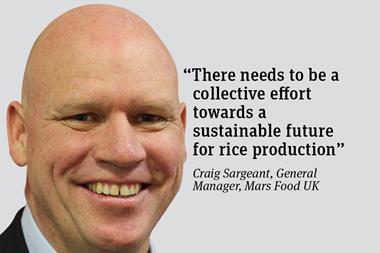
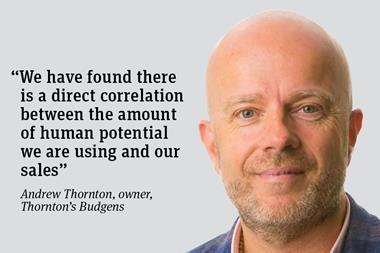
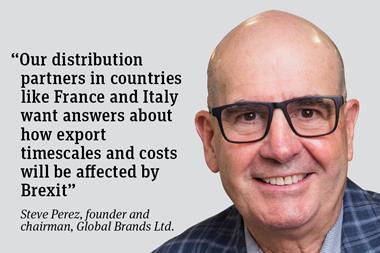






No comments yet